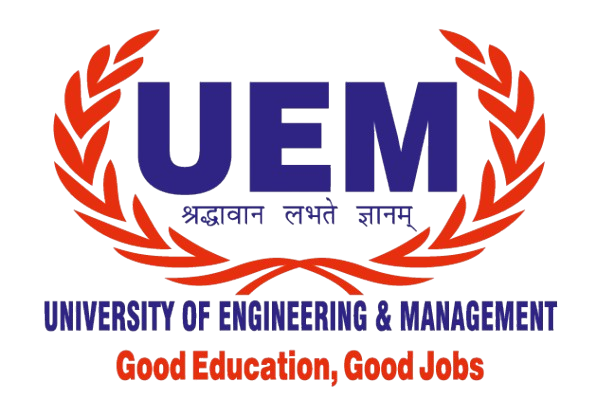UEM JAIPUR ACM STUDENT CHAPTER and Dept. of COMPUTER SCIENCE & ENGINEERING, UEM JAIPUR are organizing an Eminent Speaker Program by Dr. Madhavan Mukund, Professor and Dean of Studies, Chennai Mathematical Institute, at the UEM Jaipur premises on 15th November, 2019 on the topic “Automata and Program Verification”.
Madhavan Mukund studied at IIT Bombay (B.Tech) and Aarhus University (Ph.D.). He has been a faculty member at Chennai Mathematical Institute since 1992, where he is presently the Dean. His main research area is formal verification. He has active collaborations within and outside India and regularly serves on international conference programme committees. He is the President of Indian Association for Research in Computing Science (IARCS). He also served as President of the ACM India Council (1st July 2016 – 30th June 2018). He has been the National Coordinator of the Indian Computing Olympiad since 2002 and was the Executive Director of the International Olympiad in Informatics from 2011 to 2014.
SYNOPSIS:
The finite-state automaton model is a very useful abstraction that allows us to capture essential features of a computational system. The language of temporal logic allows us to make assertions about the executions of such finite-state systems. Typically, these assertions are combinations of safety properties (“nothing bad happens”) and liveness properties (“something good eventually happens”). These temporal requirements can then be checked algorithmically with respect to the given finite-state automaton model of the underlying system. This process is called model-checking.
In this talk, the central ideas involved in model-checking will be introduced. It will be shown how to model a program as a finite-state system, also the language of temporal logic will be introduced and the algorithmic process for verifying assertions in temporal logic will be described.







